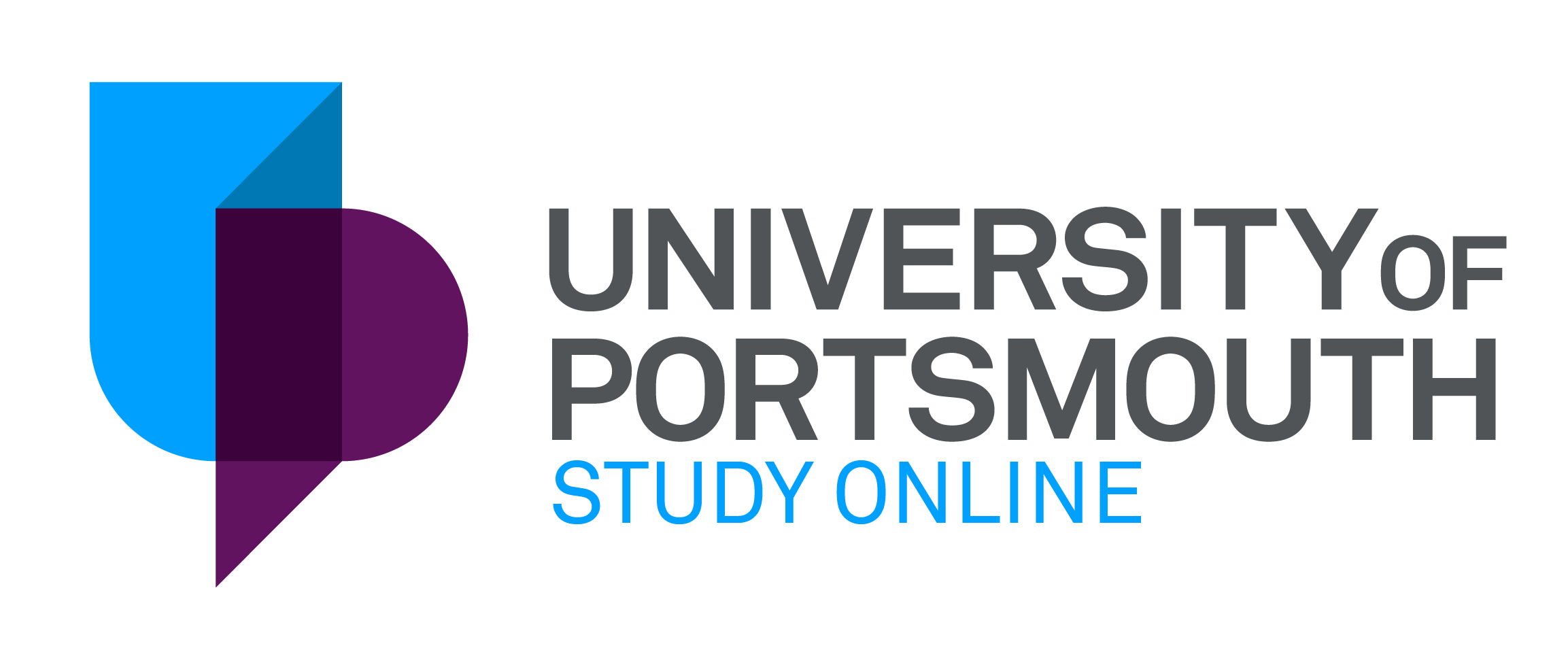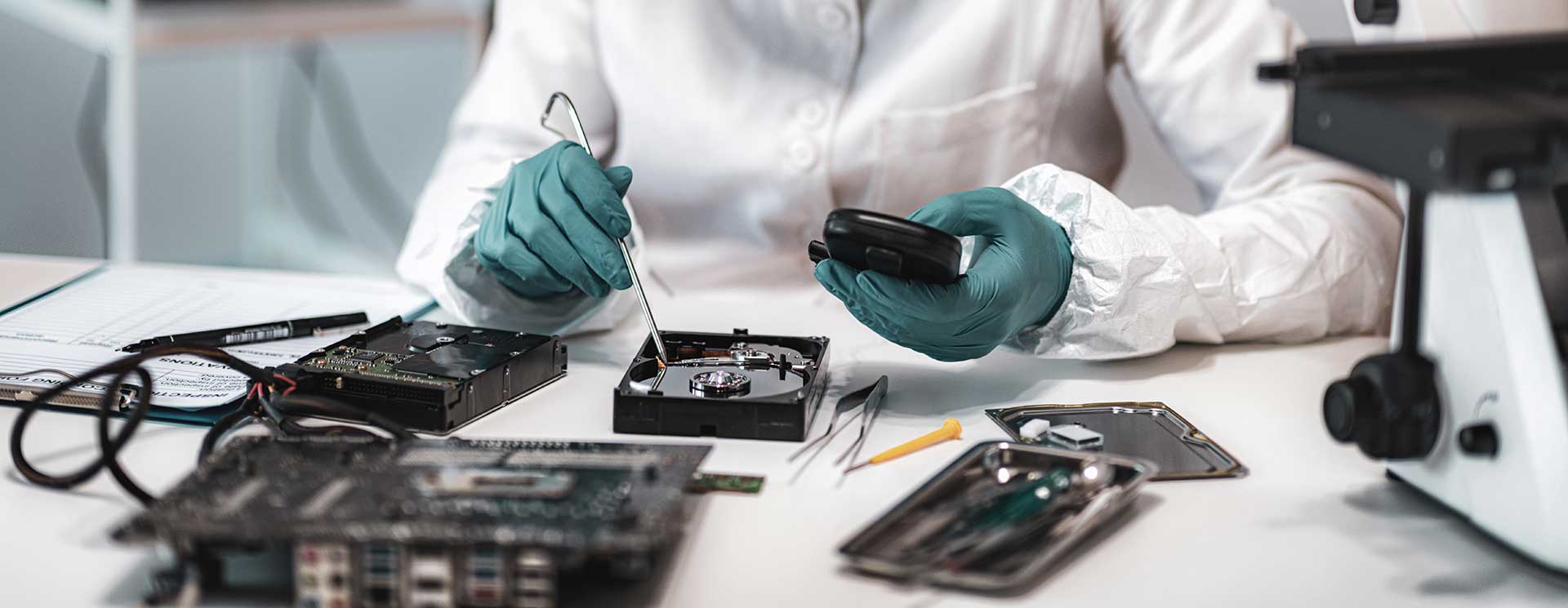[MUSIC PLAYING] -
We'll get over. So our first question, which is, could you provide a brief overview of the Master's Cyber Security and Digital Forensics programme?
- The programme actually that we designed for the online student is actually open to everyone. And it reaches actually a wider audience who want to study cybersecurity and cyber forensics from their own country's homes without affecting their jobs, commitment, or the hardship of traveling. Professional student with working experience find the programme very useful. And it brings actually new dimensions to their working environment, especially the theoretical part and the court case analysis.
[MUSIC PLAYING]
- So students can choose and to collaborate with ongoing research. And it may be that they're working alongside a PhD student. It may be that they're working alongside the research assistant. It might be a funded project. So there's lots of different opportunities. So you don't necessarily have to come to the project dissertation unit with your own ideas, but just some idea of what you're interested in. But you will be given a whole list of different ideas, ongoing projects that staff are involved with. And at the moment, we have approximately, I'd say, around 20 specialists in cyber forensics who are available for supervision.
[MUSIC PLAYING]
- Are there any current trends or hot topics in the field that you feel the course can help you gain a better understanding of?
- The moment actually, the size of forensic or the technology of forensic and cybersecurity is evolving continuously. And I may remember like 15 years ago, we were only teaching computer forensics. I mean, not only us. Everyone in the world were only interested in how to extract evidence from USBs or hard disk and that stops there. But now actually, the technology has advanced to a level where everything now is a potential of an investigation of forensic. The smart cars actually could be used to commit crimes. We never thought of that. And then they do actually involve some kind of investigation and forensic. The IoT devices, they become part of the forensic concern. So in a way now, the topics now are quite vast.
Recently, actually, there is something which is called the space forensic image. Attackers are trying to attack satellite, so we never actually thought of that happens. Now actually, satellite technology itself becomes a concern for forensic investigation as well and for security and hackers.
So hot topics now, we have things like forensic with IoT devices, forensic with cloud, cloud forensic, vehicle forensics, drone, as well, forensic. Remember the story that happened with the drone that flying in Heathrow, and it stopped the whole-- made a whole chaos in Heathrow Airport. So eventually, that also need to be investigated. They did not find the criminals who did that because they did not have the technology. The police did not have enough technology, enough tools actually to investigate that. But then the current, the modern advance in technology has permitted actually, through different tools like magnet tools, et cetera, to be able to prosecute the people who've used the drone by collecting evidence from them through the cloud or through other systems.
[MUSIC PLAYING]
.png?width=180&height=222&name=UoP_Study%20Online_Stacked%20(1).png)

.png)

